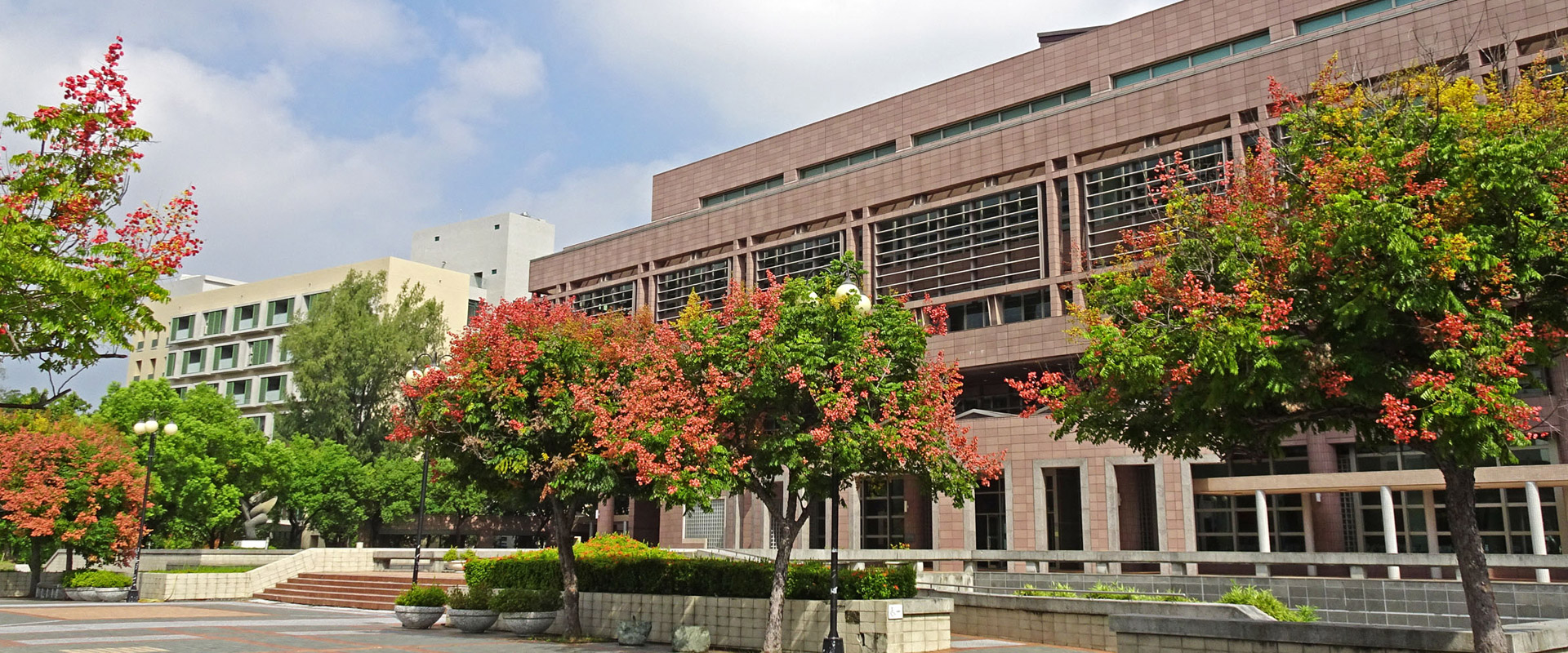
Since its establishment, Marine Biology and Cetacean Research Center of NCKU has sheltered and rehabilitated many cetaceans over the past 14 years.
Since its establishment in 2009, the Marine Biology and Cetacean Research Center of NCKU has been dedicated to cetacean stranding rescue, follow-up treatment, and related analysis and research. In the past14 years, it has dealt with hundreds of cetacean stranding incidents, sheltered and rehabilitated many cetaceans, and successfully released 10 cetaceans back into the ocean. Thanks to the selfless dedication of all the volunteers who participated in the cetacean conservation work, the center was able to make such achievements. Professor Hao-Ven Wang, director of the Marine Biology and Cetacean Research Center, has a wish to train more volunteers for the Center to raise awareness of cetacean conservation in the society and to protect marine ecology together.
The cetacean rescue is not only a rescue, but also a series of follow-up work, which can take as short as 3 to 5 days to end, but if the rescued cetaceans have medical and rehabilitation needs, the time may be extended to 1 to 3 months. The Center has limited manpower and often relies on the support of volunteers. Hao-Ven Wang said that the physical strength and vitality of the cetaceans rescued from stranding were not very good and needed 24-hour care. He said that once the night shift coincided with the school's midterm exams and that he was anxious about the lack of manpower. However, some volunteer students who had exams on the next day said to him, " Teacher, leave the cetacean to us by tomorrow 8 a.m." When he thinks back now, he is still full of gratitude.

Cetacean Rescue requires many volunteers to work together.
What’s more, Hao-Ven Wang said that he still remembers a time when a typhoon hit and the roof of the Center's rescue pool was blown to its frame by strong winds, causing heavy rain to fall both outside and inside the pool. Facing the cetaceans in need of care in the pool, the volunteers went into the pool to take care of the cetaceans in their raincoats without saying a word, and he will never forget that image.
Wang pointed out that the Center recruits volunteers not only on its own Facebook page, but also on BBS, dive pages, and second-hand pages, but the demand for manpower is difficult to meet. He is still looking for other channels of promotion in the hope of alleviating the problem of insufficient volunteers. He speculated that the low source of volunteers is related to the low birth rate and the regional population, and that the decrease in volunteers seems to be not so high when they go to the northern Taiwan to participate in the rescue, after all, the population of Tainan City is less than 2 million, while New Taipei City has more than 4 million and Taipei City nearly 2.5 million.

As a research university, NCKU is also involved in cetacean-related research.
The cetacean center has received much attention from the outside world only for rescue purposes. However, as a research university, NCKU also needs to carry out relevant research, such as pathology, histology, and even developmental biology, to find out the factors that may have caused the death of the cetaceans and to restore the overall cause of the incident, which may reflect what happened in the general environment.The accumulation of these events can tell the government what policies need to be improved, the industry what rules need to be followed, and how to protect the ocean, gradually forming a social responsibility. The Department of Life Sciences at NCKU has also established a course on cetaceans and dolphins, which is a way to plant the seeds of marine environmental protection through education.

Professor Hao-Ven Wang Promotes Cetacean Conservation.
In order to raise more people's awareness of ocean and cetacean conservation, the Marine Biology and Cetacean Research Center also arranges activities such as booking visits and simulated cetacean rescues to allow visitors to experience the mission of rescue and conservation. In addition, the Center will cooperate with the Tainan Cultural Affairs Bureau and the Education Bureau to organize promotional activities, hoping to achieve the effect of building up sand into a tower, so that more people will be interested and willing to participate and get involved.
Find More:
Wang, Haoven https://www.scopus.com/authid/detail.uri?authorId=14319472300
For relevant information, please pay close attention to Marine Biology and Cetacean Research Center, National Cheng Kung University
https://www.facebook.com/nckucetacean/?locale=zh_TW



















